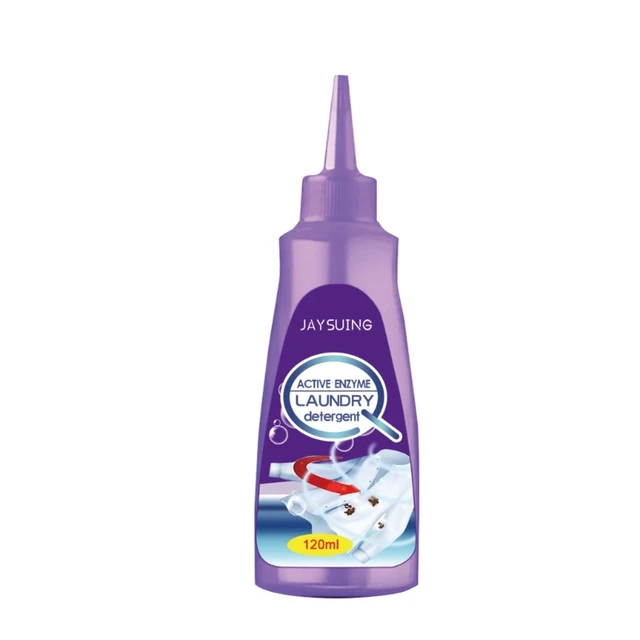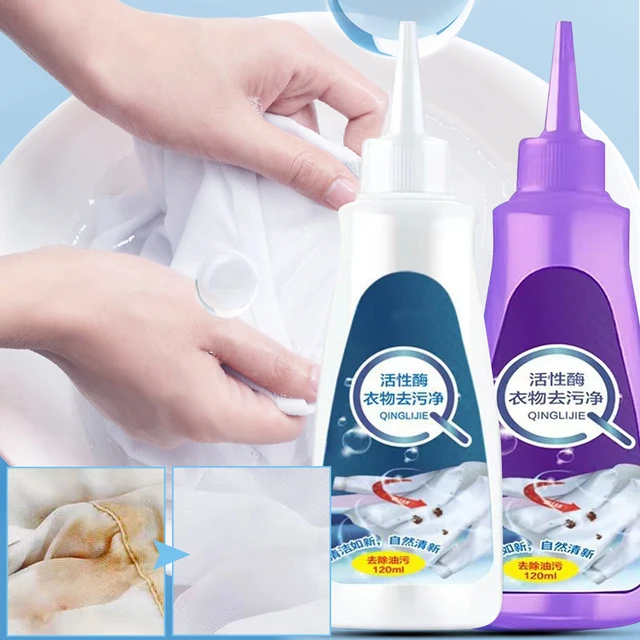 Introduction:
Introduction:
Homemade laundry detergent has gained popularity as an eco-friendly and cost-effective alternative to commercially available detergents. However, like any product, it has its advantages and disadvantages. In this comprehensive guide, we will explore the pros and cons of homemade laundry detergent. By understanding these factors, you can make an informed decision about whether homemade detergent is suitable for your laundry needs.
Introduction to Homemade Laundry Detergent
Homemade laundry detergent is a DIY solution made from simple ingredients like soap, borax, and washing soda.
A. Environmental Benefits: Homemade detergent allows you to control the ingredients and avoid chemicals that may be harmful to the environment.
B. Cost-Effective: Making your own detergent can be more cost-effective compared to purchasing commercial brands.
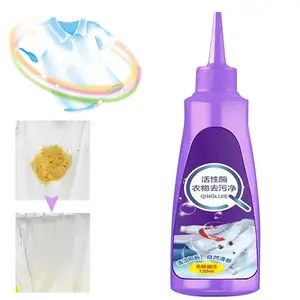 Some common types of laundry detergents:
Some common types of laundry detergents:
There are various types of laundry detergents available on the market, each designed to meet different laundry needs and cater to specific fabric types. Here are some common types of laundry detergents:
Standard or Conventional Detergents:
These are the most commonly used laundry detergents and are suitable for everyday use. They are designed to effectively clean a wide range of fabrics and remove dirt and stains.
High-Efficiency (HE) Detergents:
HE detergents are specifically formulated for high-efficiency washing machines, which use less water. They are designed to produce less suds and have concentrated formulas to provide effective cleaning with less water usage.
Eco-Friendly or Green Detergents:
Eco-friendly laundry detergents are formulated to be more environmentally friendly, using plant-based or biodegradable ingredients. They are free of harsh chemicals, synthetic fragrances, and dyes.
Sensitive Skin Detergents:
Sensitive skin detergents are designed for individuals with allergies, sensitive skin, or skin conditions like eczema. They are formulated to be hypoallergenic and free of harsh chemicals, fragrances, and dyes that can irritate the skin.
Baby-Safe Detergents:
Baby-safe detergents are specially formulated for washing baby clothes and diapers. They are gentle on sensitive baby skin and free from potential irritants, fragrances, and dyes.
Delicate or Wool Detergents:
Delicate or wool detergents are designed specifically for washing delicate fabrics, such as silk, lace, wool, and cashmere. They are formulated to be gentle and to minimize damage to delicate fabrics.
Stain Removers:
Stain removers are designed to target and remove specific stains, such as grass, grease, wine, or blood. They can be used in combination with regular detergents or as presoaks before regular washing.
Color-Safe or Color-Protecting Detergents:
Color-safe detergents are formulated to help prevent color fading and bleeding, allowing you to wash colored clothes without the risk of colors bleeding onto other garments.
The choice of laundry detergent depends on factors such as the type of fabric, laundry needs, personal preferences, and any specific requirements like sensitive skin or environmental concerns. It’s recommended to read product labels and follow the manufacturer’s instructions for optimal results.
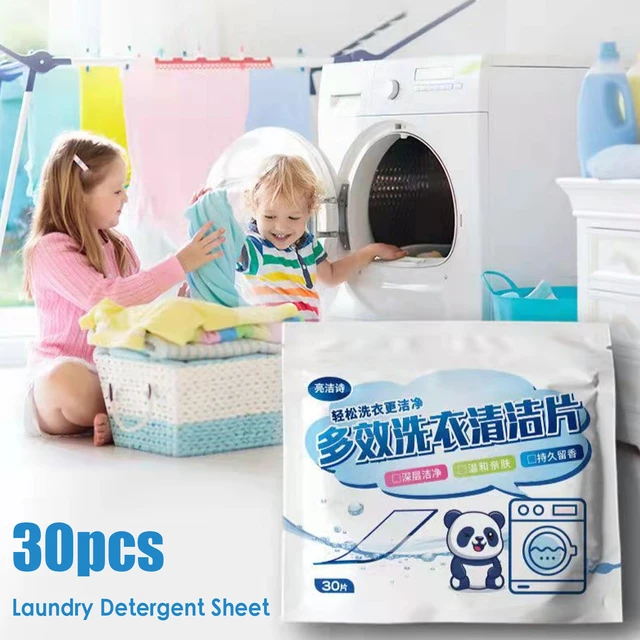 Pros of Homemade Laundry Detergent
Pros of Homemade Laundry Detergent
Homemade laundry detergent offers several benefits for users who choose to make it themselves.
A. Cost Savings: Homemade detergent can be significantly cheaper in the long run compared to store-bought brands.
B. Customizable Formulation: With homemade detergent, users have the flexibility to adjust the ingredients and create a formulation specific to their needs, such as adding natural fragrances or stain-fighting agents.
C. Environmentally Friendly: Homemade detergent often includes ingredients that are more eco-friendly compared to some commercial detergents, reducing your carbon footprint.
D. No Harsh Chemicals: By controlling the ingredients, you can avoid using chemicals that may be irritating to the skin or harmful to the environment.
Cons of Homemade Laundry Detergent
While homemade laundry detergent has its advantages, there are also a few drawbacks to consider.
A. Time and Effort: Making homemade detergent requires time and effort compared to the convenience of purchasing commercial products.
B. Less Effective on Stains: Homemade detergent may not be as effective at removing tough stains as some commercially available brands.
C. Lack of Fragrance Options: Homemade detergent may lack the variety of fragrance options available in commercial detergents.
D. Potential for Residue: Homemade detergent ingredients may leave a residue on clothes if not properly dissolved or rinsed out.
Proper Use and Considerations
To maximize the benefits and address the drawbacks, consider the following tips when using homemade laundry detergent:
A. Proper Dissolving: Ensure the detergent is dissolved properly in water before adding clothes to avoid potential residue.
B. Pre-treating Stains: For heavily soiled items or tough stains, pre-treat them before washing to enhance the cleaning power of homemade detergent.
C. Adjusting Ingredients: Experiment and adjust the homemade detergent formulation to suit your specific laundry needs, such as adding vinegar for softening fabrics or hydrogen peroxide for whitening.
D. Storage and Shelf Life: Pay attention to proper storage to prevent ingredients from clumping or deteriorating. Homemade detergent typically has a shorter shelf life compared to commercial products.
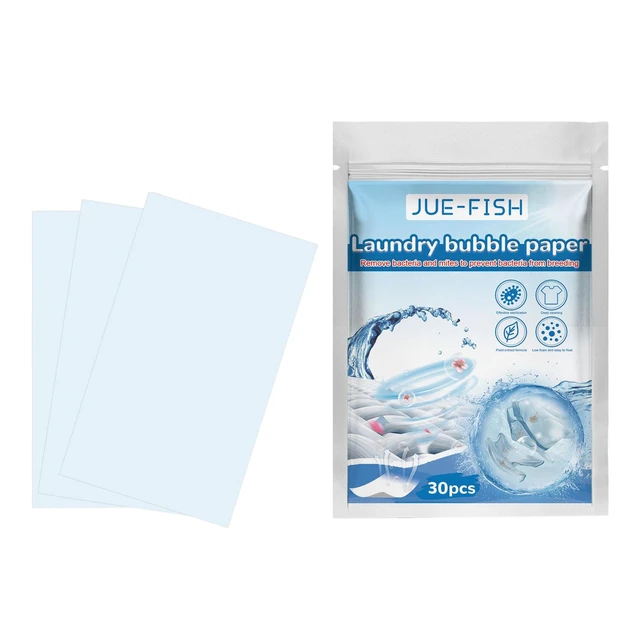 Some important points to consider:
Some important points to consider:
When making homemade laundry detergent, there are several considerations and precautions to keep in mind. Here are some important points to consider:
Safety Precautions:
Homemade laundry detergents often involve handling or mixing ingredients, so it’s important to take proper safety precautions. Use gloves to protect your hands, work in a well-ventilated area, and avoid inhaling any dust or fumes.
Ingredient Selection:
Choose ingredients that are safe for use in laundry detergents and suitable for your laundry needs. Common ingredients used in homemade laundry detergents include soap flakes, borax, washing soda, and essential oils. Research the properties and potential irritants of each ingredient to ensure they are suitable for your laundry and your family’s needs.
Mixing Ratios:
Follow the recommended mixing ratios and instructions for your chosen homemade laundry detergent recipe. Improper ingredient ratios can affect the cleaning effectiveness or may cause residue buildup on clothes.
Testing on Fabrics:
Before using the homemade detergent on a large batch of laundry, conduct a patch test on a small, inconspicuous area of the fabric. This will help ensure that the detergent does not cause any adverse reactions, such as discoloration or damage to the fabric.
Storage:
Properly store the homemade laundry detergent in a sealed container to avoid moisture absorption and to prevent the ingredients from clumping or hardening. Keep the container out of reach of children or pets.
Compatibility with Washing Machines:
Homemade laundry detergents may not be compatible with all types of washing machines. Some ingredients, such as soap flakes, can leave residue in high-efficiency (HE) washing machines. Ensure that your homemade detergent is suitable for your specific type of washing machine by doing proper research and consulting your machine’s manufacturer guidelines.
Customization and Experimentation:
Feel free to experiment with different ingredients or essential oils to customize the scent or properties of your homemade laundry detergent. However, always be cautious of potential allergic reactions or sensitivities to new ingredients and perform small-scale tests before using on a larger batch of laundry.
Remember, homemade laundry detergents may not have the same cleaning power or efficiency as commercially available detergents. If you have specific laundry needs or concerns, it’s advisable to consult with a professional or consider using commercially available detergents that meet your requirements.
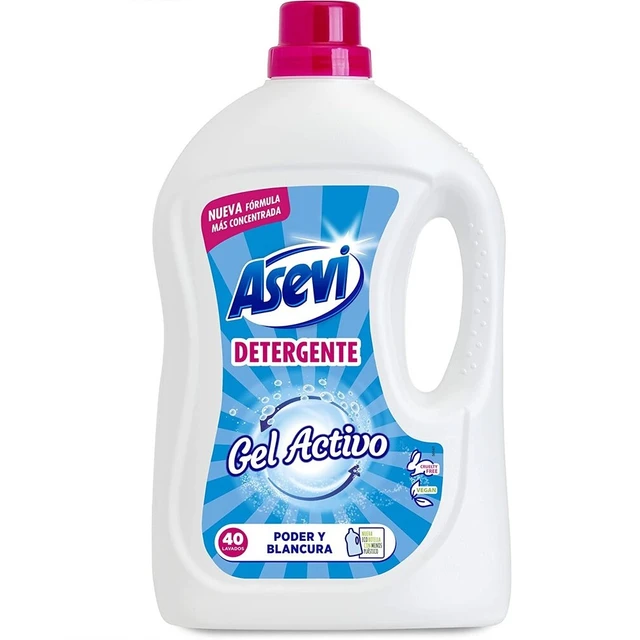 Conclusion
Conclusion
Pros and cons of homemade laundry detergent:
Homemade laundry detergent offers cost savings, environmental benefits, and the flexibility to create a customized formulation. However, it may require more time and effort, be less effective on tough stains, and have limited fragrance options. By properly dissolving the detergent, pre-treating stains, adjusting ingredients, and ensuring proper storage, you can overcome some of the challenges associated with homemade detergent. Ultimately, the choice between homemade and commercial detergents depends on personal preferences, laundry needs, and environmental considerations. By considering the pros and cons outlined in this guide, you can make an informed decision about whether homemade laundry detergent is the right choice for you. Remember to experiment and find the formulation that works best for your laundry routine and consider seeking professional advice for specific laundry concerns or product compatibility questions.
